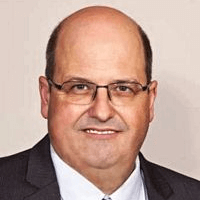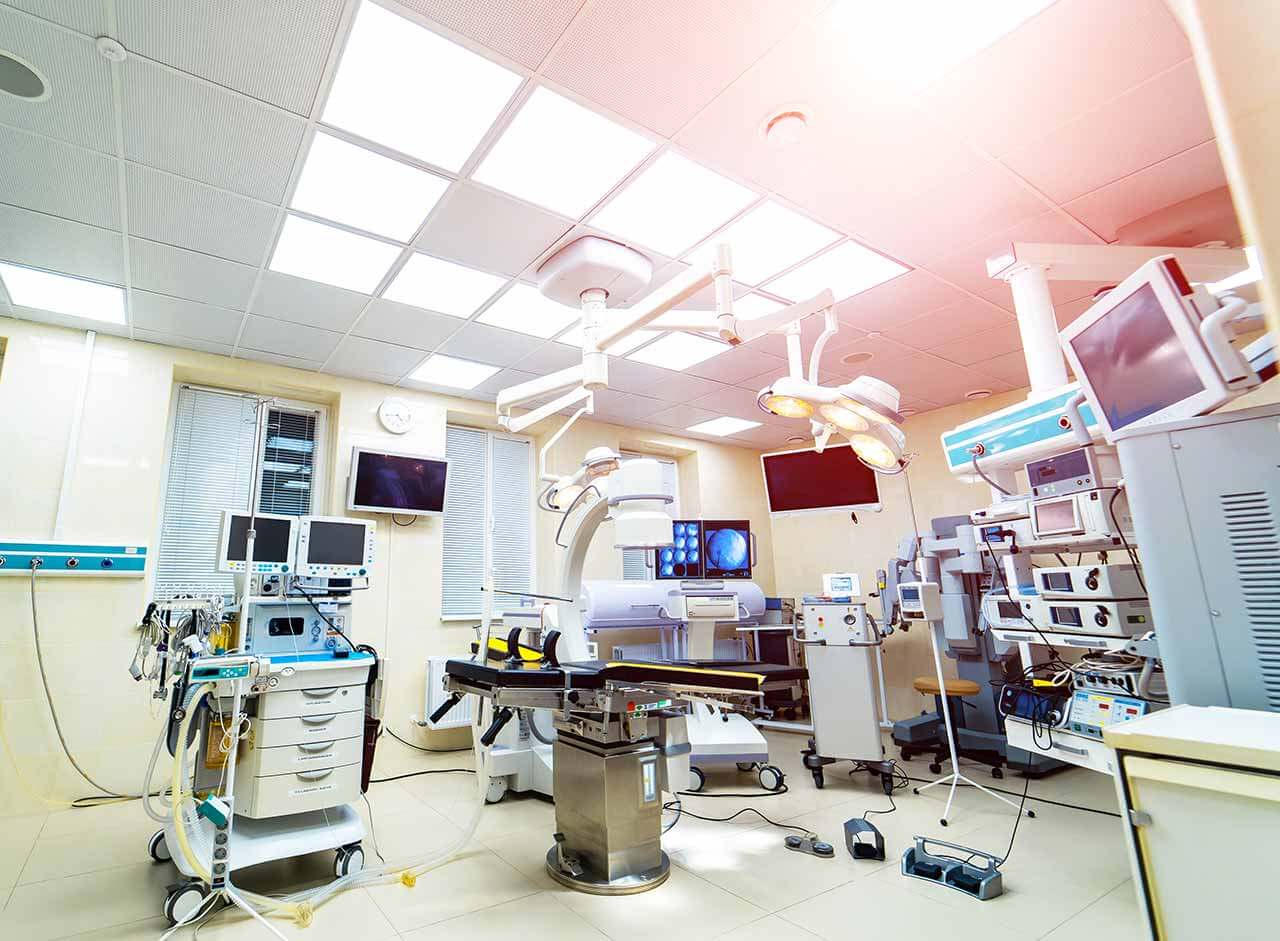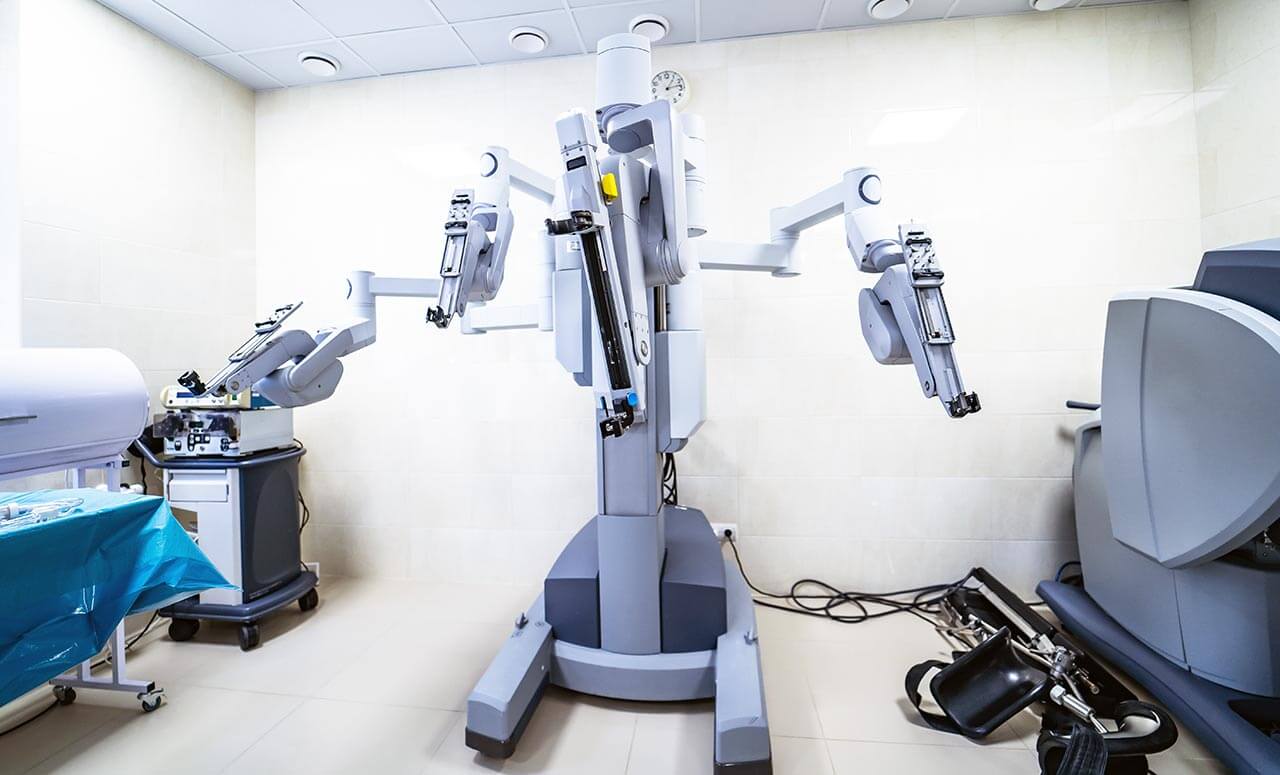
The program includes:
- Initial presentation in the clinic
- clinical history taking
- physical examination
- cardiological examination
- laboratory tests:
- complete blood count
- general urine analysis
- biochemical analysis of blood
- TSH-basal, fT3, fT4
- indicators of inflammation
- indicators blood coagulation
- measurement of arterial blood pressure
- electrocardiogram
- holter monitoring (24h)
- transesophageal echocardiography
- cardiac catheterization
- preoperative care
- percutaneous balloon valvuloplasty
- symptomatic treatment
- control examinations
- cost of essential medicines and materials
- nursing services
- full hospital accommodation
- explanation of future recommendations
Required documents
- Medical records
- Echocardiography (if available)
Service
You may also book:
 BookingHealth Price from:
BookingHealth Price from:
About the department
The Department of Cardiology at the Rambam Health Care Campus Haifa offers all the options of modern medicine for the high-precision diagnostics and effective treatment of heart diseases. The department has 37 beds and is the largest facility of this kind in northern Israel. The team of doctors consists of 22 qualified specialists in the field of cardiology and 9 physicians. The department's nursing staff undergoes special training for cardiological intensive care. All diagnostic and therapeutic procedures are performed in accordance with modern standards of world cardiology. The Chief Physician of the department is Prof. Dr. med. Lior Gepstein.
The department's structure includes several highly specialized units, such as Intensive Cardiac Care Unit, the Section of Interventional Cardiology, the Section of Non-Invasive Cardiology, the Section of Electrophysiology, the Section for Heart Failure, the Section for Pericardial Diseases, the Section of General Cardiology, the Section for Pregnant Women with Heart Diseases and others.
The Intensive Cardiac Care Unit offers all conditions for emergency care of severe cardiac pathologies. With the help of the cutting-edge technologies, the highly qualified medical staff carries out round-the-clock monitoring of vital functions of the patient. Such life threatening conditions as acute coronary syndrome (acute myocardial infarction and unstable angina pectoris), rhythm and cardiac conduction disorders, acute heart failure and cardiogenic shock are among the most commonly treated conditions. The Intensive Cardiac Care Unit is equipped with the state-of-art medical technology, which allows the doctors to achieve the best treatment results.
The specialists of the Section of Invasive Cardiology carry out catheter diagnostics and treatment of heart pathologies. It annually performs about 3,600 cardiac catheterization procedures, half of which are invasive procedures for the restoration of coronary patency using balloon and follow-up stent implantation. The section also carries out the diagnostics and assessment of the severity of valvular heart disease, the preparation of patients for coronary artery bypass grafting, as well as the diagnostics and treatment of congenital anomalies and other heart diseases. The patients who come to the section with acute myocardial infarction undergo emergency coronary angioplasty around the clock. It serves to restore blood flow to the cardiac muscle. The section has three rooms with innovative equipment for cardiac catheterization, including the equipment, which provides 3D images, monitoring devices and medical instruments of the highest level. The cardiac catheterization procedures involve the use of the very latest medications.
The scope of tasks of the Section of Electrophysiology includes the diagnostics and treatment of all types of heart rhythm disorders (arrhythmias). It carries out the treatment of patients with bradycardia (heart rate deceleration), which requires the implantation of a pacemaker, and tachycardia (rapid heart rate). The section implants all types of pacemakers, including intracardiac defibrillators and biventricular pacemakers. In addition, the doctors of the section have vast experience in the use of the Carto Merge device, which allows them to obtain 3D images of the heart during the diagnostics and treatment of various types of arrhythmias, including atrial fibrillation.
The Section of Non-Invasive Cardiology is responsible for the diagnostics of heart pathologies using cardiac ultrasound, echocardiography and myocardial scintigraphy.
The diagnostic options of the department include:
- Early diagnostics of heart diseases
- Computed tomography (CT) of the heart and coronary arteries
- Myocardial scintigraphy
- Cardiac echocardiography
- Cardiac magnetic resonance imaging (MRI)
- Diagnostics using ECG loop recorder
- Holter monitoring
- Ergometry
- Other diagnostic tests
The department specializes in the treatment of the following diseases:
- Angina pectoris
- Drug therapy
- Coronary angioplasty with balloon insertion and stent implantation
- Myocardial infarction
- Thrombolysis
- Atherosclerosis
- Drug therapy and lifestyle modification
- Coronary catheterization and stent implantation
- Coronary artery bypass grafting
- Cardiomyopathy
- Mitral valve diseases (stenosis, deficiency, prolapse)
- Aortic valve diseases
- Heart failure
- Drug therapy
- Other cardiac diseases
Curriculum vitae
Prof. Lior Gepstein is the Chief Physician of the Department of Cardiology at the Rambam Health Care Campus Haifa.
Prof. Gepstein graduated from the Rappaport Faculty of Medicine, Technion (Israel Institute of Technology), and conducted his PhD studies at the same institute. During this period he was involved in the development of a three-dimensional electroanatomical mapping technique (CARTO system), which became the state-of-the-art method for the treatment of complex cardiac arrhythmias. He completed his internship and residency in Internal Medicine, as well as his fellowship in Cardiology at the Rambam Health Care Campus Haifa. This was followed by a two-year fellowship in Cardiac Electrophysiology at the University of California San Francisco (UCSF). Currently, he holds the position of Professor of Physiology and Medicine (Cardiology) at the Technion’s Faculty of Medicine and holds the Edna and Jonathan Sohnis Chair in Tissue Engineering and Regenerative Medicine. He also serves as an Attending Electrophysiologist Specialist at Rambam.
Prof. Gepstein's research activities focus on basic and clinical cardiac electrophysiology, stem cell biology, inherited cardiac disorders, establishment of novel gene and cell-based strategies for the treatment of different cardiac disorders. Prof. Gepstein’s research group was among the pioneers in developing unique cardiomyocyte differentiation strategies from human embryonic stem cells and human induced pluripotent stem cells.
Prof. Gepstein has received a number of prestigious awards for his achievements in cardiology, including the Douglas P. Zipes Distinguished Young Scientist Award of the American College of Cardiology, the Outstanding Research Achievement Award of the European Society of Cardiology and the Mirowski Award from the Israel Cardiology Society. He was recently elected to the Israeli Young Academy of Science.
Photo of the doctor: (c) Rambam Health Care Campus Haifa
About hospital
The Rambam Health Care Campus Haifa is the largest and the most progressive hospital in Northern Israel. The medical center was founded in 1938 and nowadays is proud of its long history, rich and successful experience in providing comprehensive medical services in all medical fields. The hospital serves more than 2 million locals, as well as the members of the Israel Defense Forces, UN Peacekeeping Forces and the United States Sixth Fleet. The medical center houses 61 inpatient departments, 73 specialized departments, 10 medical institutes and 25 laboratories. It is also the clinical and academic base of the Technion – Israel Institute of Technology.
The medical center includes the Ruth Rappaport Children's Hospital. It is a multidisciplinary medical facility specializing in the diagnostics and treatment of various pathologies, including extremely rare ones, in children of all age groups.
The total number of employees in the medical facility is 4,000 (715 doctors and 1,407 nurses). Many doctors are world-famous in the field of their clinical specialty and participate in advanced research projects in order to offer new treatment methods not only to their patients, but also to the world community.
The medical center is a leader in the field of medical care in emergency cases with a large number of victims. In addition, the hospital is certified in accordance with the strict standards of the Joint Commission International (JCI).
During the long-term and successful clinical practice, the medical center has formed a clear vision of optimal medical support and system of values. These suggest that the primary focus is always on the patient with his individual needs and wishes, while the medical services are professional, high-quality and safe. In addition, the specialists of the hospital apply the most effective and innovative treatment methods, as well as create a favorable environment, which contributes to the improvement of physical and emotional health and well-being of the patient. The key role in the daily work of the hospital is also played by a tolerant attitude towards all patients.
Photo: (c) depositphotos
Accommodation in hospital
Patients rooms
The patients of the Rambam Health Care Campus Haifa live in comfortable rooms designed in light colors. The standard room includes an automatically adjustable bed, a bedside table, a wardrobe for storing clothes, an armchair and chairs for receiving visitors, a TV, a telephone. Each room is equipped with an ensuite bathroom with shower and toilet.
Meals and Menus
The patients of the hospital are offered tasty and balanced three meals a day: breakfast, lunch and dinner. The menu also includes dietary and vegetarian dishes.
Further details
Standard rooms include:





